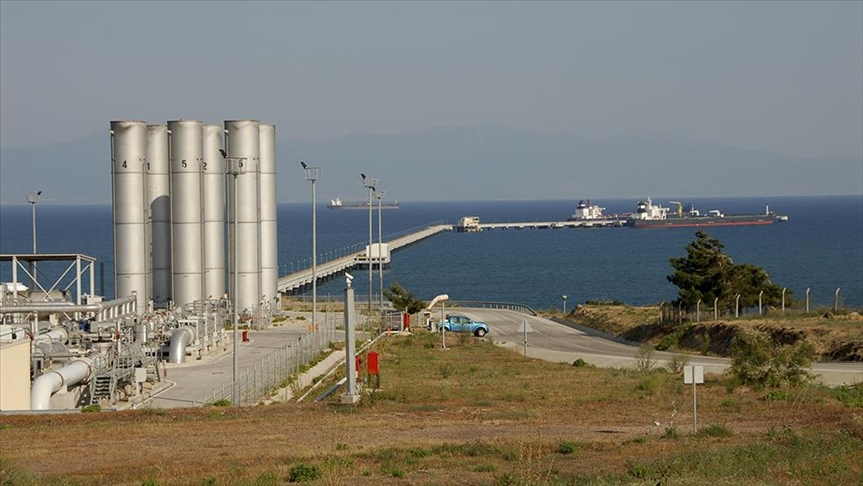Oil prices climbed to a record high on Tuesday, extending gains from the previous session after OPEC+ said it would not pump more oil despite rising crude demand boosted by the record-high natural gas prices.
After closing Monday at $81.26 a barrel, international benchmark Brent crude was trading at $81.49 per barrel at 0652 GMT for a 0.28% increase, its highest level since October 2018.
US benchmark West Texas Intermediate (WTI) also posted a record price rise and hit its highest level since November 2014. It was at $77.75 per barrel at the same time for a 0.16% gain after it ended the previous session at $77.62 a barrel.
The 23-members of the Organization of Petroleum Exporting Countries (OPEC) and its allies, known as OPEC+, reaffirmed Monday to implement their previously agreed production rise in November, strictly sticking to the existing plan, which requires the group to phase out the production cuts agreed in July incrementally.
During their monthly meeting in July, OPEC+ countries had agreed to raise output by 400,000 barrels per day (bpd) from August to December and extend the production cut agreement from April 2022 to December 2022.
The group decided to curtail output despite pressures from the US to increase its combined production.
The White House announced last week that President Joe Biden’s national security adviser, Jake Sullivan, met in Saudi Arabia with Saudi Crown Prince Mohammed bin Salman on Tuesday and raised the issue of oil prices.
The US had brought up the same request before the group’s meeting earlier in September to combat climbing gasoline prices amid concerns that rising inflation due to increasing energy prices could derail the economic recovery from the COVID-19 pandemic.
“It’s not that OPEC+ does not recognize the coming supply shortage. The group is well aware of the global inventory draws, maintenance work and rising demand, but chose to wait until later this year to adopt a bolder supply approach,” according to Rystad Energy’s Head of Oil Markets Bjornar Tonhaugen.

